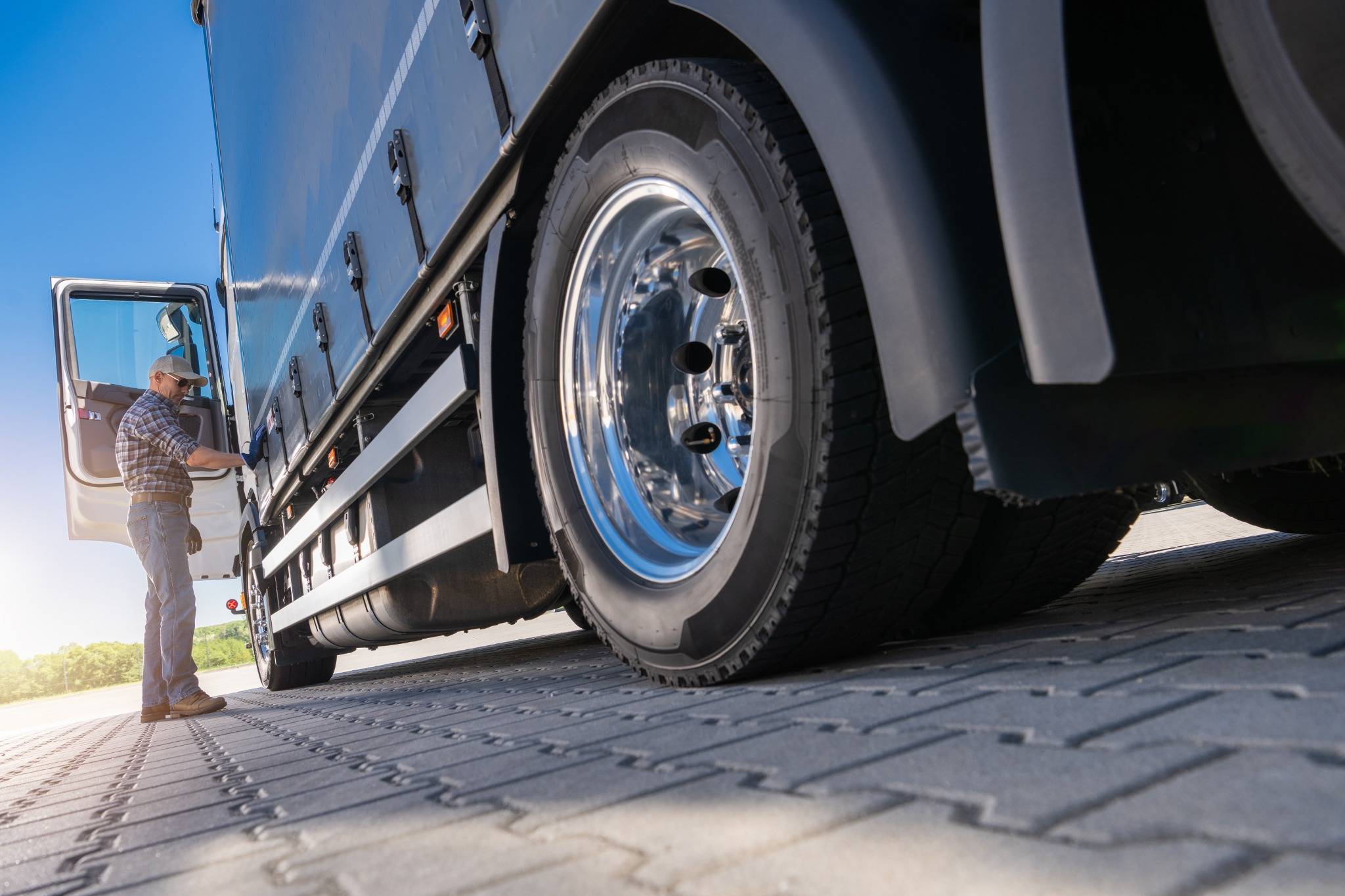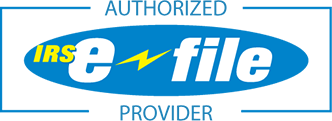

Did you know that trucking existed before trucks did? Goods were originally transported over dirt roads by horse-drawn carts, until the automobile transformed transportation forever. For over a hundred years, advancements in technology have been revolutionizing the trucking and logistics industry, enhancing efficiency, safety and speed at every level. In this article, we’ll look at how technology has impacted the field, and how it continues to impact the industry even today.
The invention of the first truck is credited to Gottlieb Daimler in 1896, when he fitted a horse-drawn carriage with a rear-mounted, four-horsepower, two-cylinder engine he’d designed himself. Through the end of the 1800s into the 1930s, railroads dominated the transportation field, but this began to shift around the early 1910s. In 1914, Otto Neumann and August Fruehauf invented the semi-trailer. The next year, Hermann Farr and Martin Rocking unveiled the fifth wheel, a device which made it possible to quickly and safely hitch and unhitch semis to trailers.
The United States’ entry into World War I in 1917 put an enormous strain on the capacity of the nation’s railroads. Into this vacuum, trucks and truckers emerged. By the war’s end, motor carriers had established service in most of the nation’s main cities. Likewise, trucking played a major role in World War II. By 1942, 125,000 Teamsters were being used to ferry troops and supplies across all branches of the military.
In the post-war economic boom, the trucking industry saw massive success due to two major factors. The first was innovations in trucking and logistics technology, including the invention of the diesel engine and refrigerated trucks. The second factor was a massive number of new roads; The United States had 1.72 million miles of paved road by 1945, compared to 1925’s scant 521,000 miles. In 1967, the Department of Transportation was created, crucial in overseeing standards for driver’s licenses, maximum driving hours, and other requirements for CDL drivers. In 2015, the FMCSA published their electronic logging device mandate, requiring commercial truckers to digitally record vehicle information to promote safety in the field, as well as regulation compliance.
Today, trucking continues to dominate the industry of shipping and transportation. According to the Census Bureau, in 2017 trucks transported 71.6% of all goods shipped in the United States, a total value of over $10.4 trillion. Let’s take a look at other trucking and logistics technologies that keep the industry moving.
Telematics, vehicle telematics, or telematic systems, refer to the ways in which GPS technology, onboard diagnostics, and telecommunications systems are used to monitor cars and trucks, plotting their movements on a computerized map. This is also referred to as fleet tracking. Telematics as a concept originates from the word telematique, coined in 1978, a portmanteau of the French words for ‘telecommunications’ and ‘computer science.’ In the 1980s the EU commissioned research on vehicle telematics to improve road safety, and the US Government allowed free access to GPS in 1993. By the late 2000s and early 2010s, industries began to develop standards for the use of telematics, with the Association for Equipment Movement Professionals introducing version 1.0 of its AEMP Telematics Standard in 2010.
Telematics systems are integral to several aspects of the fields of computer science, electrical engineering and telecommunications, including the modern trucking industry. They can be used to calculate the movements, functions, speed, and other data sets of vehicles within a fleet. Telematics systems aid fleet owner-operators motor vehicle maintenance, oversee safety and stay compliant with FMCSA and other regulations.
Another huge asset to the modern trucking and logistics field is business and project management applications that help fleet owner-operators digitally monitor and manage their assets. Technology helps business owners streamline and automate everything from financial management to logistical planning for overseeing operations, helping maintain compliance with industry rules and regulations.
Just like trucking itself, modern project management technology can be traced back to the 1890s, when Polish economist Karol Adamiecki created the Harmonogram as a way of scheduling and diagraming engineering workflows. Today, there are dozens of software and application solutions for people in the trucking industry. These applications help owner-operators with order management, load planning, route optimization, and more.
Electric vehicles (EVs) are becoming an increasingly significant part of the transportation landscape in the United States, with a year-over-year increase in sales. In 2023, EVs accounted for about 18% of all vehicles sold, up from 14% in 2022, reflecting a developing trend in the market. However, it’s important to note that while there has been growth, many manufacturers have scaled back their development of EVs due to various challenges, including reduced consumer demand.
As trucking and logistics technology continues to evolve, there’s no getting around the fact that the industry creates a massive amount of pollution. According to the EPA, the trucking industry is a massive source of pollution, emitting 7% of U.S. greenhouse gas emissions in 2020. To combat this, many major fleets have committed to making significant strides towards zero emissions.
Trucking owners aim for at least 30% of their heavy-duty and 100% of their medium-duty truck purchases to be zero-emissions vehicles by 2030. Despite these ambitious goals, the transition faces several obstacles, including the current state of the U.S. electrical grid, which is nearing capacity, and the slow rollout of new charging stations (despite a $7.5 billion federal investment).
While electric vehicles in the trucking industry are still in their infancy, with only about 13,000 on the road in 2023, drivers who have used them report good things. In addition to having zero emissions, their ease of use, comfort, and quiet motors all seem to be points in their favor.
Progress only moves one way: forward. And as technology continues to transform trucking and logistics at every level, why should filing your Form 2290 and paying the HVUT be exempt?
i2290 lets customers e-file their Form 2290 from anywhere with an internet connection, making it easier and more streamlined than ever to pay the ever-important Heavy Vehicle Use Tax. Simply create an account with us, and answer a few questions about your vehicles and your organization.
Then i2290 will do all the necessary calculations for you, generating a stamped Schedule 1 in minutes, with an easily accessible copy available to you for the next seven years. Whether you’re an owner operator with a single truck or manage a large fleet of trucks, i2290 makes completing this process simple and fast.
Have questions? No problem! Our helpful staff is always glad to answer questions and help guide you through the process, without hidden fees or costs. Simply create an account with us and start filing today!
Special note: This article is for general purposes, and is not intended to provide, and should not be relied on for tax, legal, investment, or accounting advice. The best way to ensure you’re filing correctly and paying appropriate taxes is by following IRS regulations and consulting with a tax professional.
We're confident that your experience with INSTANT 2290 will be the best Form 2290 e-filing you've ever had. If for any reason you are not satisfied, just contact support for a full refund. No questions. No conditions. Create your account to get started!